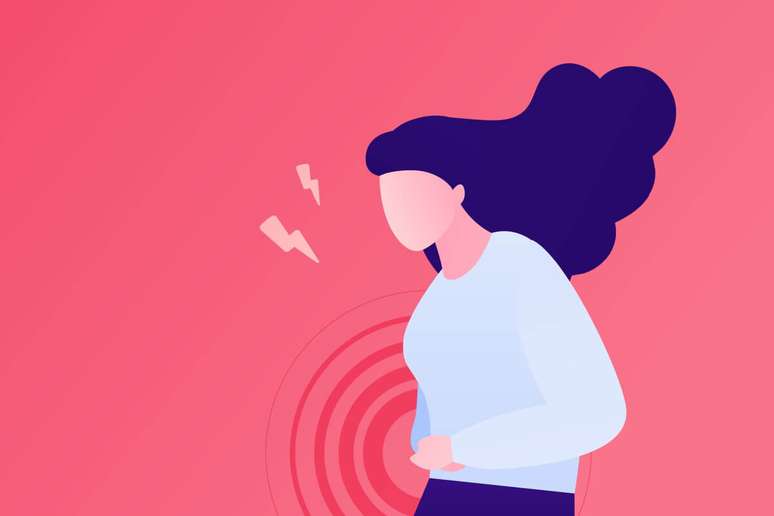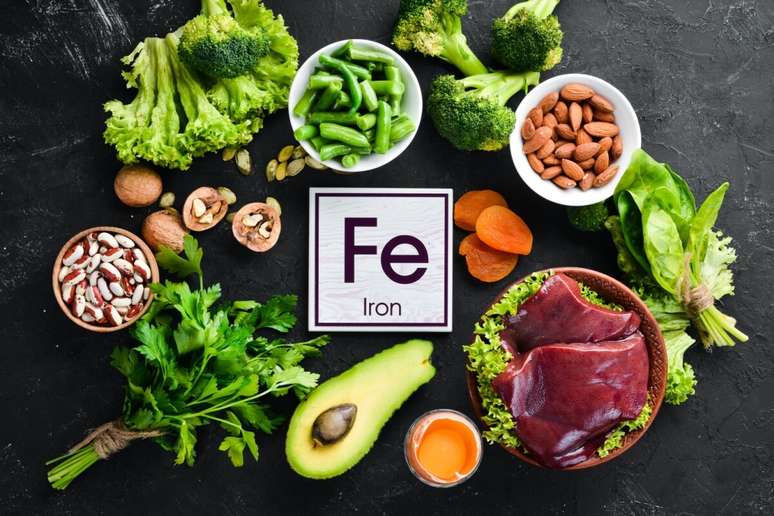The doctor explains how this disease causes a series of physical, emotional and social challenges
According to data from the Ministry of Health, endometriosis affects one in ten women between the ages of 25 and 35. It is a progressive disease, meaning that, without treatment, ectopic endometrial tissues can spread and worsen over time, causing damage to other organs and intensifying pain.
Gastrointestinal symptoms related to endometriosis, such as abdominal pain, cramps, intestinal changes, and discomfort during defecation, cause a variety of physical, emotional, and social challenges. Therefore, below, Dr. Thiers Soares, gynecologist and surgeon specializing in endometriosis, adenomyosis and fibroids, explains the impact of intestinal endometriosis on the patient’s quality of life. Watch!
1. Diet and lifestyle restrictions
Certain intestinal symptoms, such as diarrhea, constipation and bloating, lead women to opt for dietary changes to relieve symptoms. This can lead to dietary restrictions, affecting the quality and variety of diet. Additionally, intestinal endometriosis may limit participation in social activities, such as going out to eat, due to concern about symptoms, making it necessary to follow a specific diet.

2. Emotional impact of endometriosis
Chronic pain, uncertainty about symptoms, worry about disease progression and impacts on daily activities lead to anxiety, depression and frustration. These emotional aspects negatively affect the quality of life, interpersonal relationships and mental health in general.
3. Interferences in interpersonal relationships and sexuality
Pain during sexual intercourse (dyspareunia) and intestinal symptoms cause discomfort and decrease libido. Additionally, limitations imposed by the disease may prevent participation in social activities and interfere with family, social, and romantic interactions.
4. Fertility and family planning
Blockage of the fallopian tubes, adhesion formation, and chronic inflammation make natural conception difficult. This can cause emotional distress and additional stress for women who wish to have children. Family planning can also be compromised, requiring medical interventions such as in vitro fertilization (IVF) or other assisted reproductive techniques.
Treatment of intestinal endometriosis
When the endometriosis The intestinal structure is superficial and does not cause significant damage to the intestinal structure, clinical treatment is often considered a viable option. In these cases, medications are prescribed to stop menstruation and control episodes of endometriosis. These drugs aim to reduce symptoms and prevent the disease from progressing.
The use of hormone therapy, such as combined oral contraceptives or progestins, are often recommended to control the growth of ectopic endometrial tissue and relieve pain. However, when intestinal endometriosis is deep and involves more extensive penetration of the endometrial tissue into the intestinal layers, surgical treatment often becomes necessary.
In this sense, an individualized treatment plan is established, considering the severity of the disease, the extent of intestinal involvement, the symptoms presented and the patient’s reproductive goals, to provide the best possible outcome and improve the quality of life of affected women from endometriosis. intestinal.
By Beatriz Fernandes
Source: Terra
Ben Stock is a lifestyle journalist and author at Gossipify. He writes about topics such as health, wellness, travel, food and home decor. He provides practical advice and inspiration to improve well-being, keeps readers up to date with latest lifestyle news and trends, known for his engaging writing style, in-depth analysis and unique perspectives.






-tocxfqlohicw.jpg)

